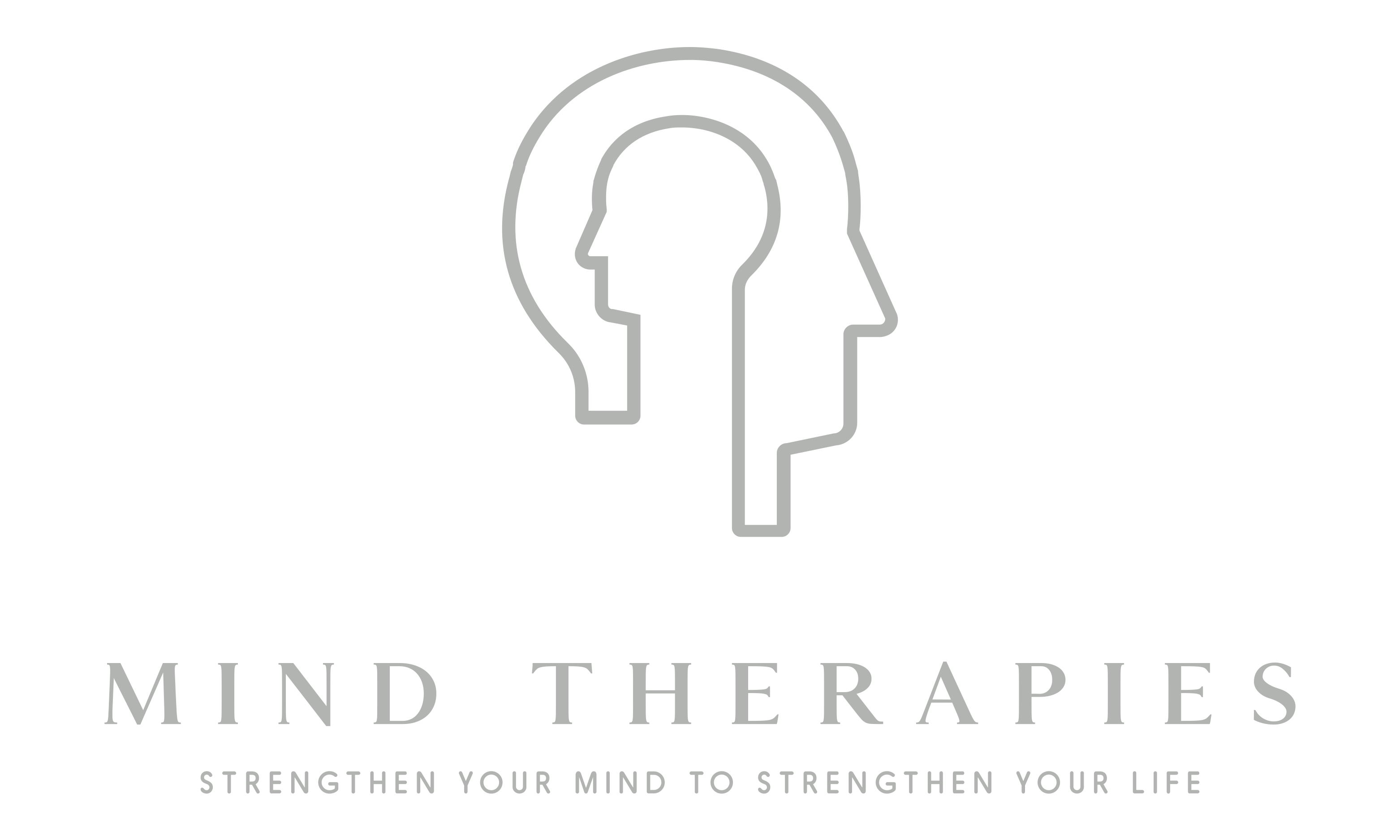What are the Treatable Conditions?
Cognitive Behavioural Hypnotherapy can treat a wide range of anxiety related conditions but below are the areas of specialism

ANXIETY
Generalised Anxiety Disorder is the most commonly diagnosed category of Anxiety and, in essence, relates to an individual who has a consistent concern about things around them. They are prone to excessively worry, catastrophise and over-think situations, events and social interactions. Individuals with GAD generally live in a state of fear that bad things are going to happen and to see all of the above as highly risky, irrationally generalising the dangers of things to come.
GAD and other forms of Anxiety have a significant impact on an individuals ability to enjoy their life, and others, and live an existence that benefits them.

PHOBIAS
A Phobia is merely a conditioned response to a stimuli which you have perceived to have a disproportionate threat. Simply put, you have taught yourself to be scared of something that isn’t really a threat.
Phobias can have a significant impact on people’s lives, stopping them from enioying experiences with friends, family and work and also how they go about their daily life. Phobias can affect peoples actions, their routines and even where and when they may travel to.

SELF-IMPROVEMENT
There are many areas we wish to improve within ourselves. Hypnotherapy has an extremely successful approach in the following areas:
- Assertiveness
- Sports/Fitness Performance
- Ego-Strengthening
- Confidence Building
- Relaxation Skills Training
- Resilience Training
What Methods are used to Treat?
There are a range of approaches and techniques used in the treatment of Anxiety and its related symptoms. Here are a selection of some of them:
